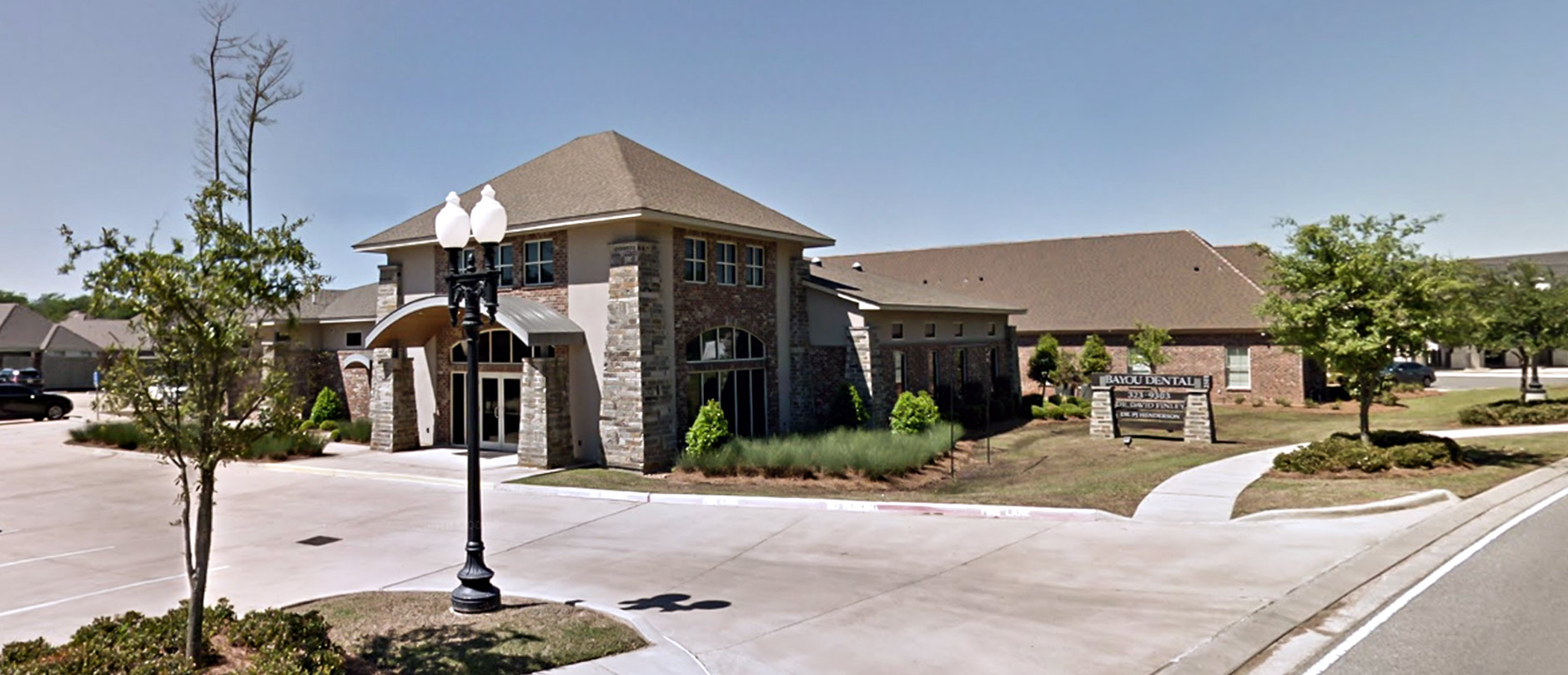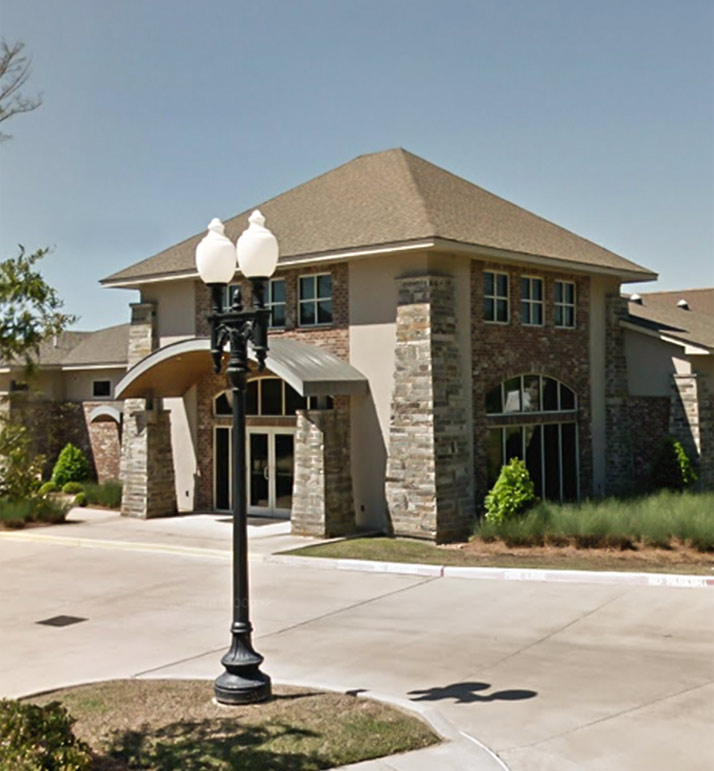I moved to Missouri in January, and for the first time in 12 years, I had to switch dentists. Although I was nervous about it, there is no way I can drive back to LA for dental care. Even at my previous dentist, I needed sedation for every appointment, although my anxiety improved. After my first dental cleaning with the new dentist and hygienist, I was relieved because I thought I found a good dentist. I knew that I would eventually need a new crown, so I trusted this dentist.
When I returned to the dental office for my new crown, the dental assistant attached it and checked by bite. Although I didn’t feel it at the time, my crown feels a little loose. I regret being sedated when the dentist prepared my tooth and placed the temporary crown. Maybe something went wrong that I don’t know about. I’m not sure if I trust this dentist because the hygienist placed the crown. But before I approach him, is this an issue he can correct? – Thank you. Glenn
Glenn,
In some states, including Missouri, it is legal for a dentist to allow an assistant to cement dental crowns. But an assistant must complete expanded functions education and receive certification for specific procedures, including placing fillings, cementing crowns, and adjusting crowns.
But your dentist didn’t check the crown to ensure it fits well. Although we don’t know if the Missouri dental board requires a dentist to check the assistant’s work, it seems that a dentist would want to ensure the crown meets clinical standards. It shows concern for the quality of work and the dentist’s reputation.
What Causes a New Dental Crown to Be Loose?

Find a dentist you can trust to do quality work while you’re sedated
A new dental crown might be loose from poor bonding technique or aggressive tooth preparation. Although you described your crown as feeling a little loose, a dentist would need to examine it to determine what’s causing the issue. But a dental crown should fit so well that you forget it’s there. It should feel natural—not noticeable. Don’t blame yourself because you need sedation to relieve anxiety during dental visits. Your dentist is responsible for giving you quality restorations for your teeth.
What’s Next?
- Schedule an appointment with your dentist to check your crown. He should not charge a fee to examine it.
- If you’re not satisfied with your dentist’s response, you can schedule a second opinion from a dentist with advanced cosmetic dentistry training and training in occlusion and bite.
- Then list the pros and cons of allowing your dentist to correct the issue vs. a new dentist.
We understand that it can be frustrating to switch dentists again. But a poor-fitting crown will cause problems with your bite, jaw muscles, and other teeth.
David Finley, DDS, of Monroe, LA, sponsors this post.





